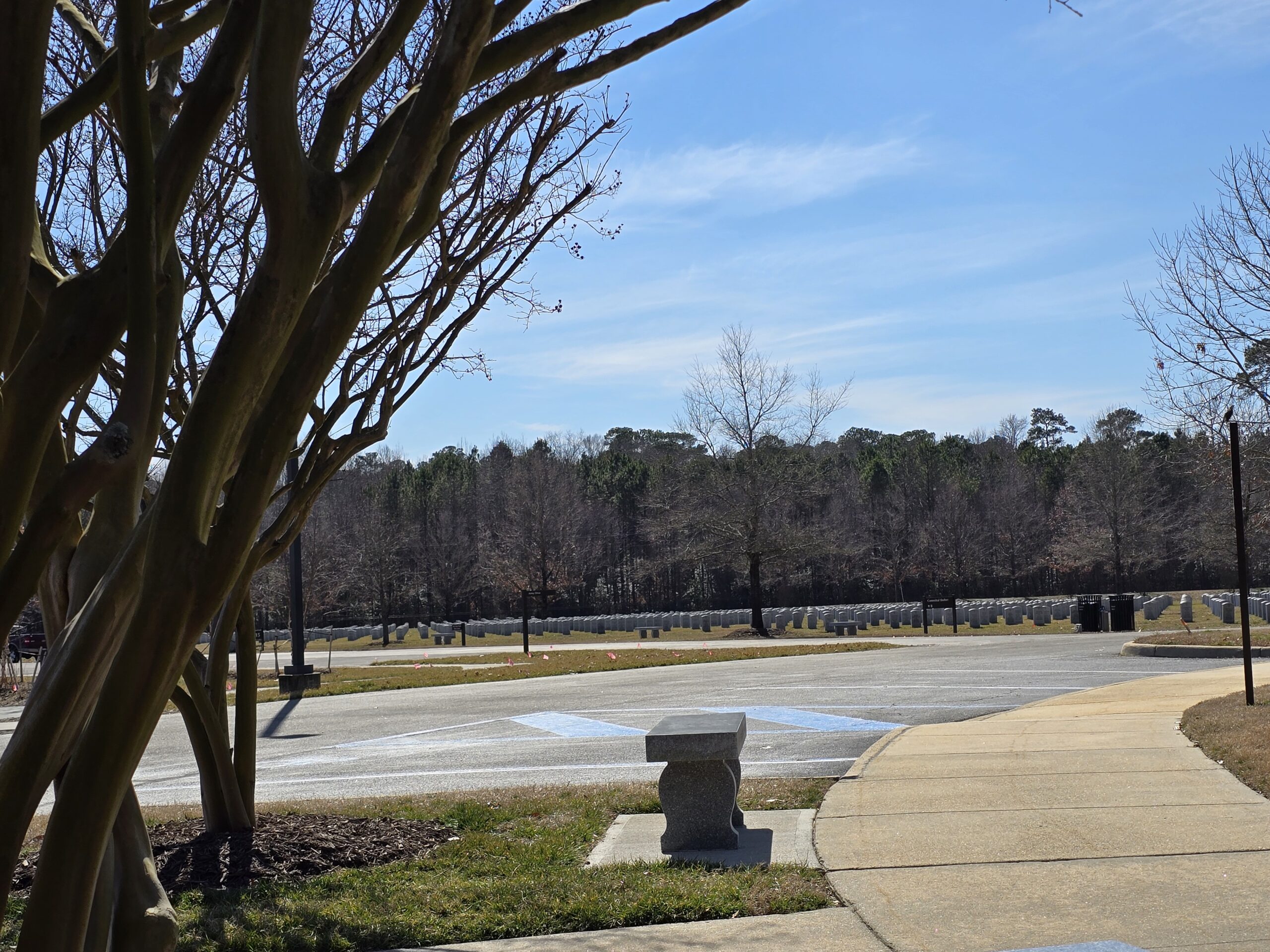Mission Complete. The first time I heard that regarding a funeral was a bit shocking. After all, I had just returned from Iraq 5 months earlier, and our missions were outside the wire–where the locals sometimes didn’t want us there–they even demonstrated that by shooting and lobbing rounds in our direction. The night I arrived at The Old Guard, one of our companies returned from a year in Iraq. Yet shortly after that, my battalion commander told me that the upwards of 28 funerals we conducted over the short stone wall in Arlington National Cemetery per day were “missions.”
What did he mean by that? I learned what he meant by “missions” over the next 2 years and 9 months I spent there and, later, 2 years working at Joint Base Myer-Henderson Hall, supporting the Unit Ministry Teams that served our country as the “Face of the Army.”
Now, each time I complete a funeral or memorial event, I think “Mission Complete.” Hre’s what I’ve learned:
Soldiers promise to never leave a fallen comrade. That means that we care for them no matter where they are. It means we will look for our fallen, whether they’re behind enemy lines, in a POW camp, or when we honor them on US Soil after serving many years. It’s a mission because we get to care for our fallen comrades. It’s a mission because we take it as a solemn duty to ensure each Soldier gets an honorable burial. It’s a mission because we do our best in each opportunity.
I had the privilege of officiating a funeral in Arlington National Cemetery for a Private First Class in late 2012. Unfortunately, due to finances, his Family was not able to attend, so the Soldiers who carried him to his final resting place, fired three volleys. and played taps did their best: their movements folding the flag were crisp, those who listened hard could not tell the shots apart (we call them “1’s” In The Old Guard), and the bugle notes of taps were perfect. I changed my message to honor the “family” that held the flag outstretched above the casket–they honored their brother in arms.
That’s what it means to do a “mission” in Arlington National Cemetery, how we honor our fallen and how I work to honor them, our country and the Almighty God each time I officiate a funeral.
Today was no different. Due to multiple events, I had to juggle timing but arrived and to connected with the honor guard from Fort Eustis, do a walkthrough rehearsal, and met the Family of our fallen.

After a brief welcome to the cemetery, I mentioned his significant contributions to the Army and his family, and my favorite part of the eulogy–used the one word that the Next of Kin used to describe their loved one. After that part, I read Luke 7:11-17. If you’re familiar with that passage, Jesus ruins a funeral. He walks up, comes alongside, talks to the family, and raises the dead. Funeral over. Why that passage? It shows Jesus’ love for us. It shows Jesus’ power over the dead. It shows His compassion. We read a poem called “The Weaver,” prayed, and made a comment that signals to the Family what we were about to see: “And now, for our comrade in arms, [our fallen] honored the flag. In death, the flag shall honor him.” The Soldiers folded the flag, fired volleys, and played taps:. The Officer in Charge (OIC) presented the flag, I greeted the family, and we walked off through the headstones.
Mission Complete.
